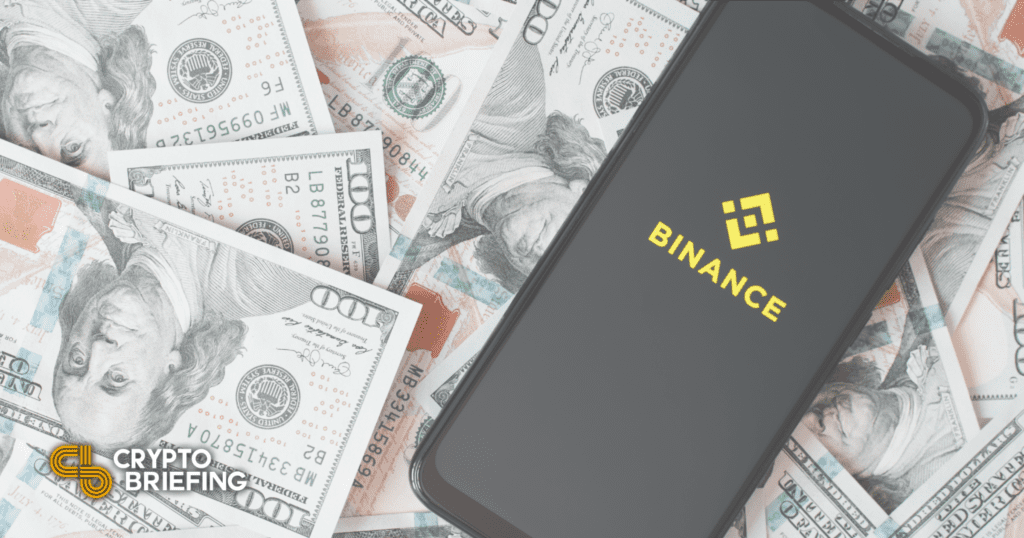
Shutterstock cover by Sergio Photone
Reuters Blasts Binance for $2.35B Money Laundering Problem
The crypto exchange is in trouble for previously focusing on growing market share with little regard to compliance.
A report from Reuters claims that Binance may have allowed the laundering of more than $2.35 billion over a period of five years. The report highlighted instances when North Korean hackers, Russian drug dealers, and European organized crime groups allegedly processed money through the exchange.
State Hackers, Drug Dealers, and Organized Crime
Binance, one of the largest cryptocurrency exchanges in the world, may have let billions of dollars worth of hacked funds transact through its platform, a new investigative report from Reuters has found.
According to the report, Binance allegedly processed more than $2.35 billion of stolen funds between 2017 and 2021. The funds (the total of which was calculated from court records, law enforcement statements, and with the help of blockchain analysis firms) are said to have originated from on-chain hacks, investment frauds, and illegal drug sales. Blockchain research firm Chainalysis has stated that Binance processed $770 million of criminal funds in 2019 alone.
The Reuters report singles out entities having allegedly laundered money through Binance, including the Lazarus Group, the North Korean cybercrime syndicate responsible for hacking $550 million from the Ronin bridge last year. While Binance worked with law enforcement to identify and freeze $5 million from the hack, the amount that did succeed in passing through the exchange is unclear.
Hydra, a giant Russian-language darknet marketplace that used cryptocurrencies for the sale and purchase of drugs, is also said to have used Binance to process more than $780 million since early 2018.
The report finally details that European organized crime groups targeted pensioners in Germany, Austria, and Spain, and may have laundered more than $800 million of fake trading website gains through cryptocurrency exchanges, particularly Binance.
Binance was the cryptocurrency exchange of choice, the report says, because of its previously loose know-your-customer (KYC) identity verification checks. Indeed, traffic between Binance and Hydra dropped sharply after the KYC requirements were tightened in August 2021.
When asked to comment on the Reuters investigation, a Binance spokesperson told Crypto Briefing that “the article uses outdated information from 2019 and unverified personal attestations as a crutch to establish a false narrative” before highlighting Binance’s cooperation with law enforcement in multiple cybercrime investigations.
Disclosure: At the time of writing, the author of this piece owned ETH and several other cryptocurrencies.
